
Education is meant to shape and improve the learner’s thinking, approach to life, and ability to solve problems and co-exist with others, all set to contribute to societal development.
In recent years, by transitioning from the age-old 8-4-4 education system to the Competency-Based Curriculum (CBC), Kenya aimed to improve that experience for the learners, who are tomorrow’s workforce.
This new approach moved the country from traditional rote memorization towards a more holistic education that focuses on developing key competencies in learners.
Understanding these competencies is crucial to appreciating the essence and impact of the CBC. But what competencies are being infused to the children?
I have written about Kenya’s new education system before; in this article, I handle the competency aspect of CBC, which is the gist of the entire system. These seven core competencies join to become the engine of CBC.
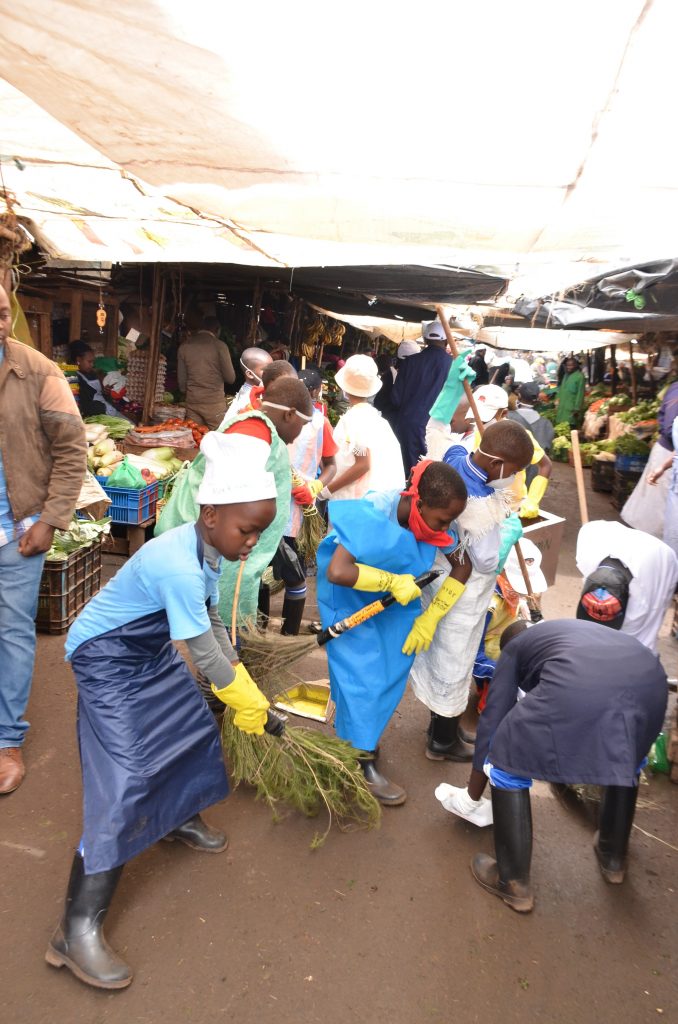
Communication and Collaboration
In today’s society, most people are talkers, not communicators.
Collaborations are yet to be embraced at the levels they should. This core competency finds purpose in changing this situation and helping the children use language as a tool to become great communicators and collaborators in their lives.
Learners are taught how to join hands for a common goal, especially through working in groups or pairs while handling class assignments. This is a double benefit because it affords them to communicate effectively and collaborate while working in groups.
This has become one of the fundamental pillars of CBC. In today’s interconnected yet dynamic world, these skills are success ingredients in personal and professional life.
Critical Thinking and Problem Solving
The world needs more problem solvers. It craves having critical thinkers and innovators. This core competency is premised on the idea of developing learners’ ability to think critically, analyze information accurately, and solve problems effectively.
In today’s rapidly changing world, thinking critically and solving complex problems is highly valuable. It’s a sought-after skill. The CBC aims to cultivate these skills in learners, enabling them to navigate challenges and make informed decisions.
This exposure not only evolves the thinking patterns of the learners but also adapts them to the requirements of the workplace and societal co-existence. It infuses reason into their brains.
Imagination and Creativity
“If you can imagine it, you can achieve it. If you can dream it, you can become it. The man who has no imagination has no wings,” so said sage William Arthur.
CBC recognizes the importance of imagination and creativity in fostering innovation and driving progress. By encouraging learners to think creatively and explore new ideas, this competency is a significant chance for learners to unleash their potential and think outside the box.
It helps learners see life through their imagination, create it through creativity and use imagination as wings to soar to greatness.
Think of an engagement in environmental cleaning and tree planting, for instance. From it, a learner in an urban area may imagine a city with more trees and a cleaner environment.
Through creativity, he or she may, in the future, become an environmental advocate or conservationist, an innovator of advanced cleaning tools, or even an environment-sensitive urban planner.
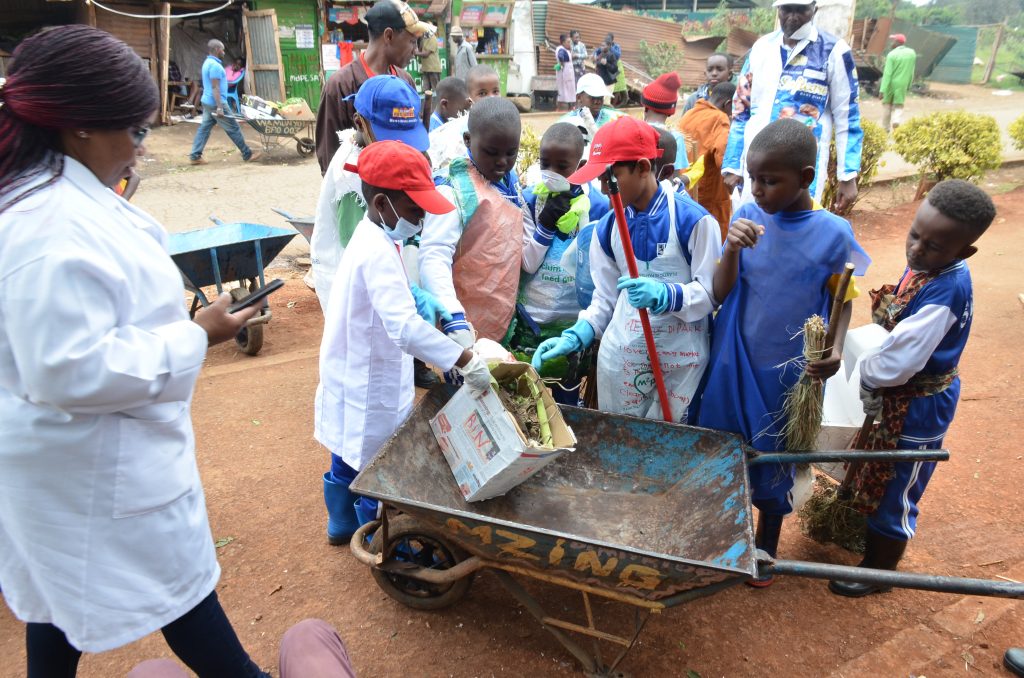
Citizenship
CBC learners are set to be responsible citizens. This includes promoting respect for diversity, inclusion and belonging, human rights, and environmental sustainability.
By nurturing these values in learners, this core competency becomes an avenue for molding a generation of responsible and engaged citizens who willingly contribute positively and actively to societal advancement.
Some assignments handled by CBC learners and the exposure they gain through the curriculum help them to appreciate their role in the larger community and be ready to contribute to the requirements of their existence.
Learning to Learn
The CBC emphasizes the importance of equipping learners with the skills to become self-directed learners who can adapt to new challenges and opportunities. This includes fostering a long-lasting love and willingness to engage in lifelong learning.
You would easily agree that continuous learning is sustaining and revitalizing today’s workplace. Only those who embrace this approach will remain relevant in the workplace, so youngsters have to learn to learn and improve themselves all along.
Self-Efficacy
Building the learner’s confidence, resilience, and belief in their ability to succeed is another crucial aspect of the CBC. By instilling a sense of self-efficacy in learners, the CBC aims to empower them to pursue their goals and overcome obstacles.
This core competency boosts the learner’s independence by allowing them to think through tasks, break them into smaller milestones, and handle them confidently, with minimal reliance on the teacher.
While this enhances creativity and freedom, it also builds the learner’s confidence; from an early age, they normalize self-belief.
Digital Literacy
While growing up, I and my peers did not know how to use phones, let alone laptops. We did not have the luxury of accessing YouTube for videos.
Over time, the world has consistently adopted digital problem-solving and information access approaches. Today’s children are creating the content, not just consuming it!
Digital literacy and skills are an unignorable recipe for success. The CBC aims to develop learners’ skills in using digital tools and technology effectively for learning and communication for them to fit in today’s tech dynamism.
That’s why Kenya introduced coding in primary and secondary schools as a subject, becoming the first African country to teach coding as a subject in schools.
To wrap it up, it’s correct for us to come to a consensus that the CBC in Kenya represents a bold step towards transforming the education system to meet the needs of the 21st century.
Despite its current gaps, it leaves nothing to chance.
By focusing on developing key competencies in learners and bringing out the best in them by revealing them to themselves, Kenya’s CBC seeks to prepare them for success in a rapidly changing world.
Understanding these competencies is crucial to appreciating the impact of the CBC and its role in unlocking the potential of Kenya’s youth.
I am of the view that these are competencies that would transform Africa if more countries were to adopt and infuse them into their education systems. They all don’t need to transition to CBC, but the skills are a cut-across success recipe for learners everywhere.
What’s happening in your country, for instance?



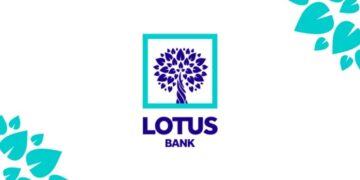






























































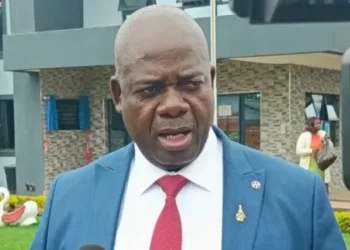
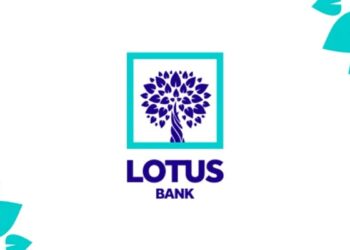














 EduTimes Africa, a product of Education Times Africa, is a magazine publication that aims to lend its support to close the yawning gap in Africa's educational development.
EduTimes Africa, a product of Education Times Africa, is a magazine publication that aims to lend its support to close the yawning gap in Africa's educational development.